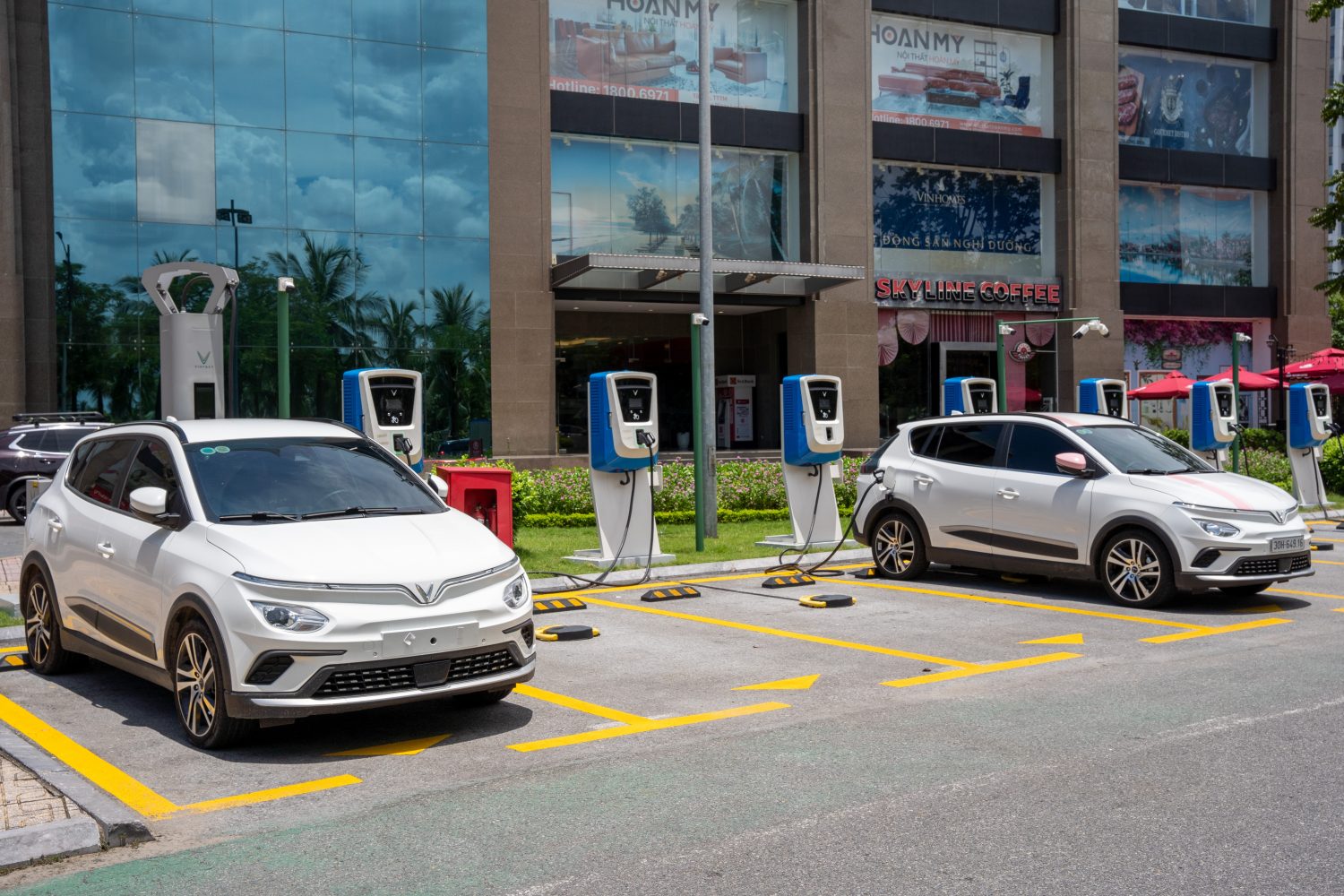Demand for cars in Vietnam has consistently grown in the first eight months of 2022, with sales rising 49.9% year on year.
The Vietnam Automobile Manufacturers (VAMA) in Vietnam reported that from January to August, nearly 263,000 units were sold in Vietnam. So far, the month of May saw the highest car sales, with 43,800 sold units.
The MPV Mitsubishi Xpander was the most popular model in August, selling up to 2,842 units. Mitsubishi Xpander models have a starting price of 555 million VND (~23,457 USD). Toyota and Honda have also posted double-digit growth in sales.
The rise in sales volume for automobiles this year is driven by pent-up demand from the disruption in the auto industry in the third quarter of 2021 due to the COVID-19 lockdown.
But local auto experts explained that Vietnamese people’s rising average income significantly contributes to the high demand for car ownership. Many Vietnamese consider having a car for work a necessity, given the hassles of public transportation.
Buyers are “willing to place orders and wait for months to receive their cars,” a Bao Viet Securities Company representative told Vietnam News. However, the current limited supply of automobiles is causing further delays in distribution.

SSI Securities JSC analyst Nguyen Ly Thanh Luong told the local news site that the rising incomes are leading to a boom in demand for private cars. “This will have a cycle of around five to six years, and Vietnam is now in that cycle.”
Vietnamese are willing to “borrow more money from banks to buy a car,” Luong added.
Given Vietnam’s low car ownership ratio, the automotive industry will see further demand in 2023, with sales volume exceeding pre-COVID levels.
SSI still believes that automobile demand will rise in 2023 with a sales volume of 385,000 units or 14% higher than 337,000 units in 2019, Vietnam News reported.
Giving electric vehicles a push
While the current automobile demand among Vietnamese customers does not include electric vehicles yet, the government is pushing for green transportation to support Vietnam’s net-zero goals.
Vietnamese EV manufacturer VinFast had just started handing the first 100 units of its all-electric sport utility vehicles to local customers in September. Two months ago, it also installed its first electric car charging point at PVOIL to encourage Vietnamese customers to switch to EVs.
VinFast Trading Vietnam general director Hoang Chi Trung said the new station is “a premise for VinFast to create a comprehensive electric vehicle support system.

Aside from VinFast, international auto brands such as Tesla, Volvo, Toyota, and Mercedes-Benz are also introducing EVs or hybrid vehicles to the Vietnamese market. Mitsubishi and Porsche have already started establishing battery charging stations to serve the distribution of electric cars.
The country has pledged to transform its transportation system — from planes to trains — to a more sustainable framework. All road vehicles should also be powered by electric or green energy by 2050, Prime Minister Pham Minh Chinh said in July.
The Vietnamese government is working on a national strategy on climate change through 2050 to guide all relevant sectors and stakeholders through the transition to green energy and the reduction of carbon and methane emissions.
To promote the use of EVs and boost investment in green transport, VAMA has sought cuts in excise tax and registration fees for hybrid EVs. Hybrid cars are not eligible for the incentives set by the National Assembly in January. Vietnam modified the excise tax for electric vehicles to 3% from 15% for five years to 11% from 2027.
VAMA foresees the local auto industry to manufacture about one million electric vehicles by 2030, 3.5 million units by 2040, and 4.5 million by 2050.



